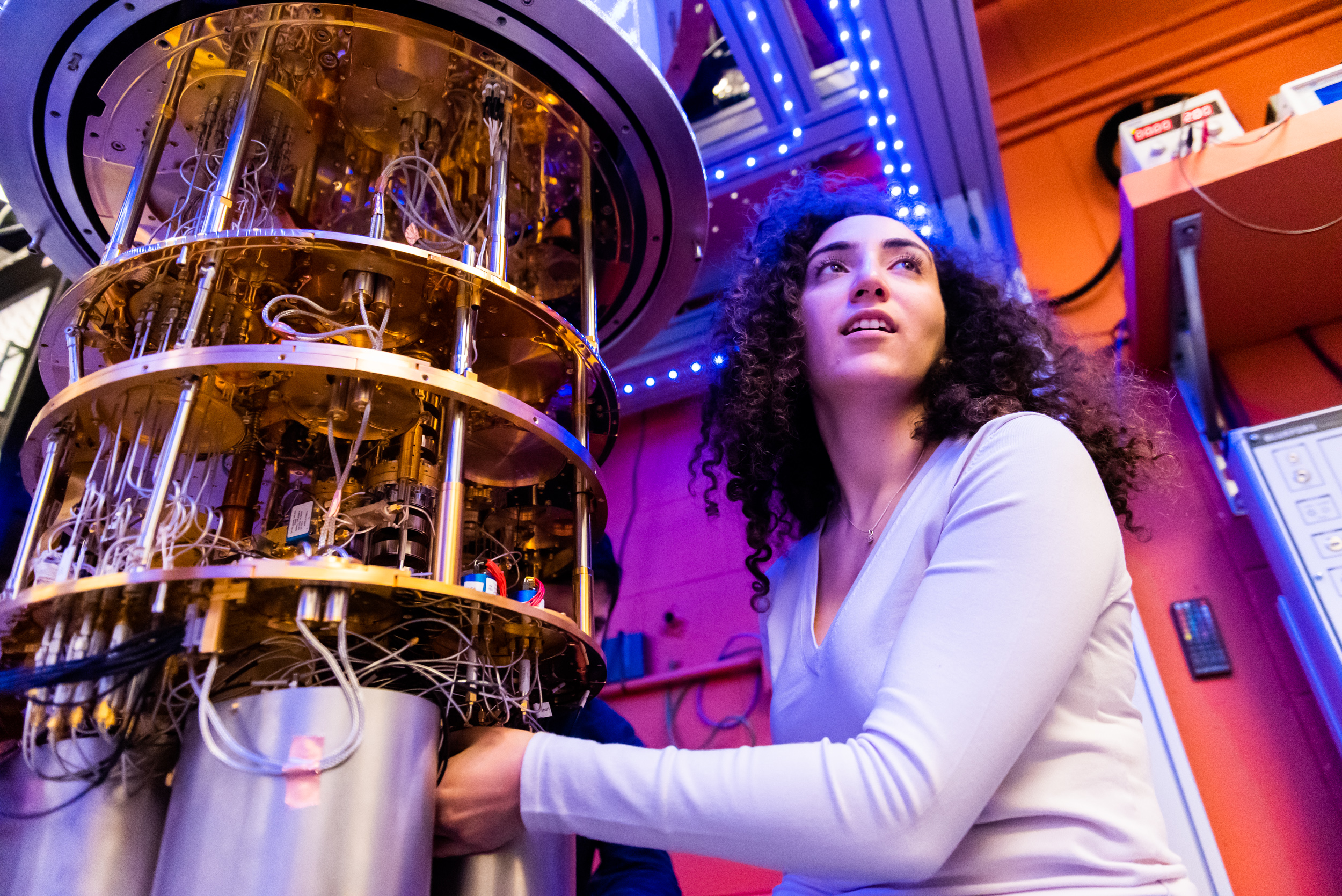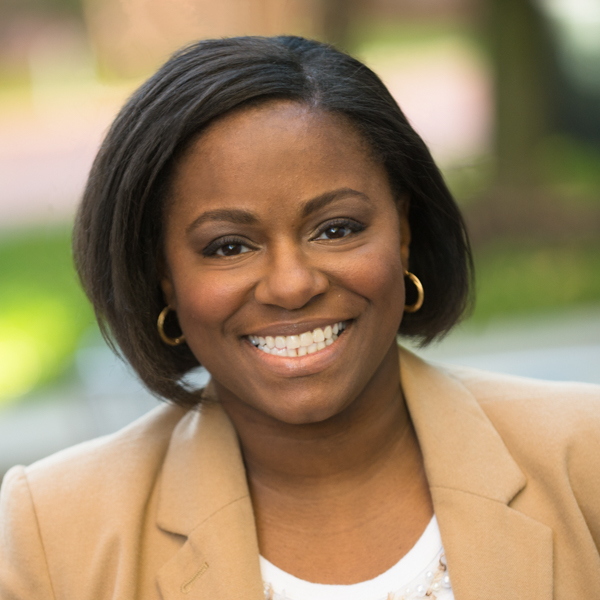Support from our alumni, friends, and collaborators fuels discovery, innovation, and education across the MIT School of Engineering. These gifts empower our students, faculty, and researchers to take bold ideas from the lab to the world — advancing technologies and solutions that shape a better future for all.

WHY YOUR GIFT MATTERS
The world’s challenges are accelerating—and they demand engineering equal to their scale and urgency. At MIT’s School of Engineering, our faculty, students, and researchers bring sharp insight, hands-on ingenuity, and bold experimentation to the problems that matter most.
Progress isn’t always immediate—because our engineers take on challenges that many others don’t. But when solutions emerge, they have a lasting impact: driven by curiosity, proven by experimentation, and built to strengthen the nation and the world.
Philanthropy accelerates this arc of discovery. Your support gives MIT engineers the freedom to pursue ambitious directions, forge powerful collaborations, and advance ideas that require time, patience, and sustained investment. It creates the conditions that move concepts from first insight to lasting impact, ensuring our community can do its most visionary work when it matters most.
Join us in engineering a better future and solving the unsolvable.
Graduate Fellowships
Graduate students power the breakthroughs that distinguish MIT’s School of Engineering. With curiosity, rigor, and relentless drive, they expand what engineering can accomplish. Fellowships draw extraordinary students to MIT and give them the freedom to pursue bold ideas from day one—work that often advances fields before traditional funding is available. Supporting fellowships ensures that tomorrow’s engineering leaders can flourish here.
Professorships
At MIT’s School of Engineering, faculty set the pace for discovery. They chart new territory in research, open pathways for students, and shape the intellectual culture that makes this place unlike anywhere else. Endowed professorships give them the freedom to pursue audacious ideas, the stability to take long-view risks, and the resources to build teams that push the boundaries of engineering itself.
New Faculty Startup Funds
New faculty bring fresh ideas, ambitious research agendas, and the energy that drives MIT’s School of Engineering forward. New Faculty Startup Funds give them the resources to begin that work immediately—lab space, equipment, and early student support that accelerate discovery from day one. Supporting New Faculty Startup Funds ensures that exceptional faculty can thrive here and turn bold ideas into lasting impact.
Unrestricted Support
Transformative engineering requires agility. Unrestricted funds give MIT’s School of Engineering the ability to respond quickly to emerging opportunities, support people and projects at pivotal moments, and launch bold initiatives before other funding pathways exist. This flexible support keeps MIT out in front.
Capital Projects
Breakthrough engineering demands spaces built for invention. Modern labs, maker studios, and advanced computing facilities give our community the tools to iterate quickly, prototype boldly, and move solutions into the world. Capital investments strengthen the infrastructure that turns MIT School of Engineering ingenuity into enduring impact.
-
Peyton Brown
Development Associate, School of Engineering Dean’s Office -
Heather Kispert Hagerty
Assistant Dean for Development, School of Engineering Dean’s Office -
Paul Keen
Director of Development, Department of Mechanical Engineering -
Jale Okay
Senior Leadership Giving Officer, Department of Chemical Engineering -
Kate Reynolds
Senior Leadership Giving Officer, Department of Aeronautics and Astronautics -
Lesley Rock-Muska
Senior Development Communications Officer, School of Engineering Dean’s Office -
LaShauna Walker
Leadership Giving Officer, MIT Introduction to Technology, Engineering, and Science -
Sharon Wheeler
Donor Relations Officer, School of Engineering Dean’s Office -
Edith Wun
Senior Leadership Giving Officer, Department of Nuclear Science and Engineering










